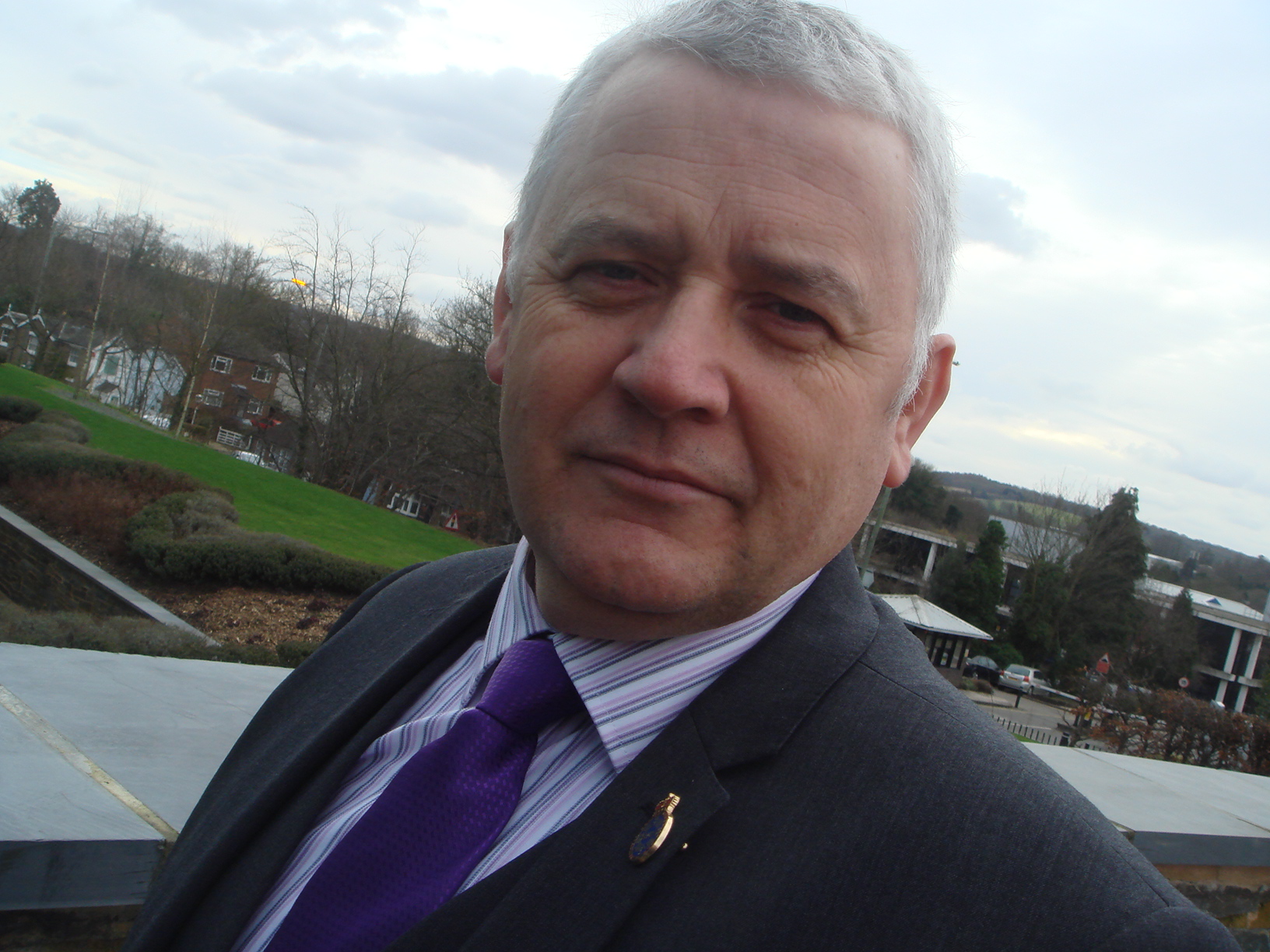Roads policing officers on motorways “as rare as Dodos”
SOUTH Yorkshire Police Federation has warned against cuts to roads policing after one of the force’s traffic officers foiled a terrorism plot during a routine patrol.
Jim Lucas, secretary of South Yorkshire Police Federation, (pictured) has warned that massive cuts to policing budgets have seen resources and spending taken away from roads policing and forces are now struggling to provide dedicated patrols.
Mr Lucas said roads policing officers on motorways are now as “rare as Dodos”.
Six men pleaded guilty in Woolwich Crown Court last month to planning an attack on an English Defence League rally with homemade bombs, guns and knives on 30 June 2012.
It was a traffic officer on routine patrol on the M1 motorway who stopped one of the would-be terrorists, concerned about the condition of his car.
The vehicle appeared to have no insurance, was immediately seized and a cache of weapons were later uncovered in the boot.
South Yorkshire Police Federation says the case has opened the debate for proper policing of the motorway network.
“I’m sure many people can recall making long journeys on a motorway without ever seeing a roads policing officer,” Mr Lucas said. “Criminal activity is occurring on a daily basis: speeding, careless and dangerous driving a regular occurrence. These roads are dangerous. There are numerous collisions that are fatal, many are life changing.”
Describing roads policing officers as “pro-active”, Mr Lucas said that an increase in officers patrolling the country’s roads would support HM Chief Inspector of Constabulary Tom Winsor’s recent call for a focus on crime prevention.
“Seeing the traffic car lurking in the first lane of the motorway brings drivers’ attention to their speed and driving manner,” he said. “Those who choose to ignore it are dealt with robustly.
“This is not just an issue to Yorkshire, it is national. We have seen the headlines from all the motorway networks in the UK. Cuts to front line services will see a rise in incidents in areas that are not policed.”

